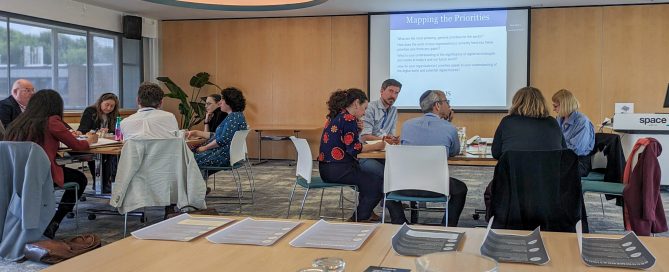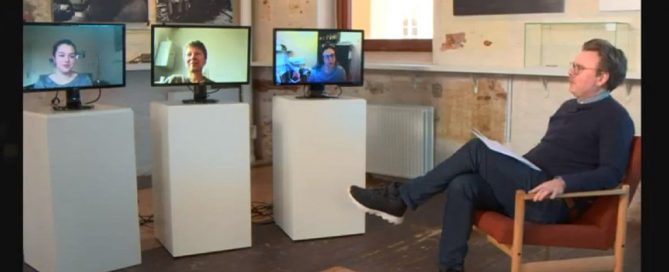Addressing Our Research Recommendations: Funding Bids and Policy Guidelines
by Dr Victoria Grace Richardson-Walden Lab director Dr Victoria Grace Richardson-Walden details how we came to run a workshop together with The Holocaust and the United Nations Outreach Programme, in the United Nations Department of Global Communications, earlier this summer. The event provided a forum for world-leading Holocaust commemoration organisations, international funders, and UK Parliament to explore the impact they could have on the future of global digital Holocaust memory. Between 2022 and 2023, the Lab’s current research team – Dr Kate Marrison and me – ran a series of online co-creation workshops with our project partners. The project led to the publication of 6 recommendation reports providing guidance on digital interventions in Holocaust memory and education. The workshops were composed of more than 120 diverse stakeholders, from Holocaust organisations, the wider heritage sector, creative and technical professionals, and academics from broad range of disciplines. A recurring theme emerged: there was a lot of enthusiasm and imagination for developing digital work in the Holocaust sector, but funding bids and a lack of (inter)national policy guidelines hampered development. Representatives from Holocaust organisations expressed many frustrations including a lack of coherent digital strategy; long-term, project funding; and permanent staff with digital expertise. [...]


